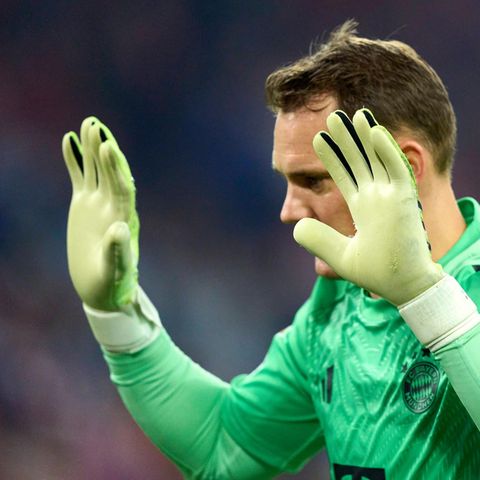Around 6.5 million eligible voters in Zimbabwe were called upon to elect a new president. The incumbent Mnangagwa is the favorite – also because he massively suppresses the opposition.
Under sometimes chaotic circumstances, voters in Zimbabwe voted on the future president and members of parliament. Many polling stations in the cities could not open on time because the ballot papers were not delivered on time.
Leaflets were also distributed in several cities in the South African country claiming that the opposition’s main presidential candidate, Nelson Chamisa of the CCC party, had withdrawn from the race. The CCC blamed a private organization with close ties to President Emmerson Mnangagwa’s ruling Zanu-PF party for the action.
The CCC also alleged that some of its members had been removed from the ballot papers or that ruling party candidates had been listed as opposition candidates in order to steal opposition votes. In the cities in particular, strong election results were actually expected for the opposition.
Observer: Rigorous intimidation
Accordingly, the 80-year-old incumbent Mnangagwa was considered the favourite. An opposition victory is unlikely given Mnangagwa’s rigorous intimidation and manipulations, said Barbara Groeblinghoff, the country office director of the Friedrich Naumann Foundation in Zimbabwe. “Incumbent President Emmerson Mnangagwa and his Zanu-PF party are doing everything they can to avoid a close result. He seems to think that a big election victory in his favor will give him the legitimacy he needs.”
In the previous election in 2018, Mnangagwa narrowly defeated 45-year-old Chamisa. A total of ten candidates are running for the presidency. If none of them gets more than 50 percent of the votes in the first ballot, there will be a runoff on October 2nd.
Polling stations should remain open until 7:00 p.m. The electoral commission then has five days to announce the official election result. First preliminary results were expected on Thursday.
High unemployment and runaway inflation
In the South African country with around 16 million inhabitants, there are repeated election-related violence and allegations of manipulation. From 1987 to 2017, longtime ruler Robert Mugabe ruled the country with an iron fist. After the military overthrow of Mugabe, former Vice President Mnangagwa came to power. The election a year later, which Mnangagwa won, was also marred by violence and repression. The governing party Zanu-PF has held power since the country gained independence from the British colonial power in 1980. Zimbabwe’s economy is in a deep crisis with high unemployment and runaway inflation.
Another term under Mnangagwe is only likely to plunge the country deeper into the crisis, Groeblinghoff believes: “The repression of members of the opposition, journalists and activists will be intensified. Mismanagement, corruption and inflation, which is already the highest in the world, will continue to rise which only exacerbates poverty and hunger.”
Source: Stern
I have been working in the news industry for over 6 years, first as a reporter and now as an editor. I have covered politics extensively, and my work has appeared in major newspapers and online news outlets around the world. In addition to my writing, I also contribute regularly to 24 Hours World.




